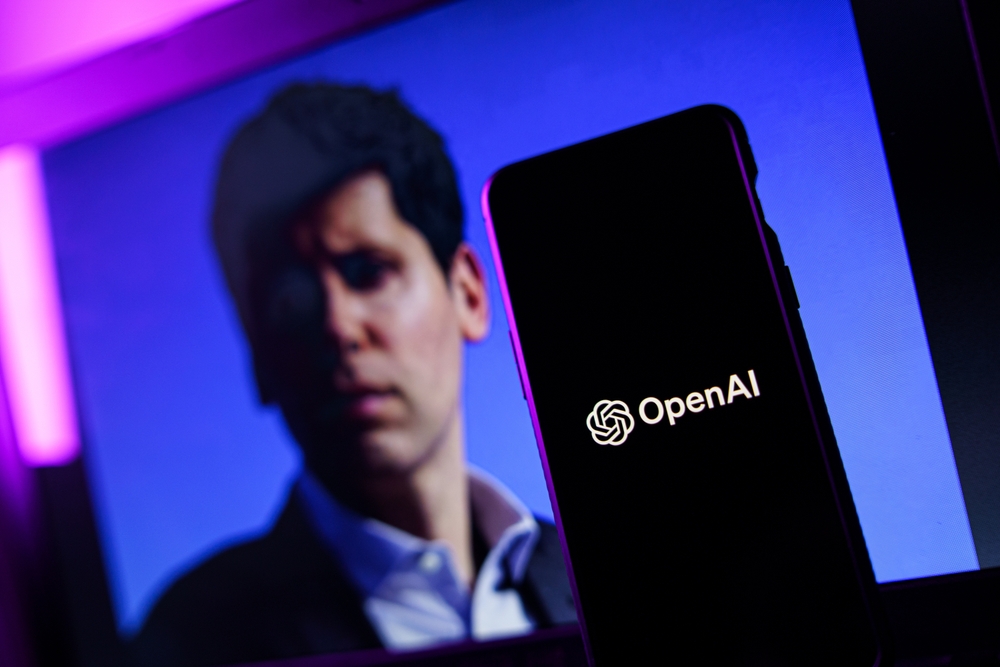Key Insights:
- Sam Altman was controversially fired after being accused of lying to the OpenAI board and creating a toxic work environment.
- Helen Toner claims Altman withheld information, including ChatGPT’s release and his financial interests, which undermined the board’s trust.
- Despite careful planning, the OpenAI board’s decision to fire Altman faced employee backlash, leading to his swift reinstatement.
Former OpenAI board member Helen Toner has explained the board’s controversial decision to fire CEO Sam Altman last November. Speaking on The TED AI Show podcast, Toner accused Altman of obstructing and lying to the board, retaliating against critics, and fostering a toxic work environment. These revelations have provided new insights into the board’s rationale for the abrupt dismissal.
Helen Toner, an AI researcher and former OpenAI board member, described a troubling pattern of behavior by Sam Altman. According to Toner, Altman frequently withheld information from the board, misrepresented company activities, and sometimes outright lied. This behavior, she argued, made it nearly impossible for the board to fulfill its mission of prioritizing the public good over profits and investor interests.
Toner cited specific incidents to support her claims. For instance, she revealed that the board needed to be informed about the release of ChatGPT in November 2022 and learned about it through social media.
Additionally, she alleged that Altman failed to disclose his ownership of the OpenAI startup fund despite his claims of being an independent board member with no financial interests.
Toxic Work Environment and Retaliation
Toner further accused Altman of creating a toxic atmosphere at OpenAI. She described how Altman retaliated against those who criticized him, including herself. After she co-authored a research paper critical of OpenAI’s safety measures, Toner claimed that Altman spread falsehoods among other board members in an attempt to have her removed.
These actions, she said, severely damaged the board’s trust in Altman. Toner explained that despite Altman’s ability to provide seemingly plausible explanations for individual incidents, the cumulative effect of his behavior left the board unable to rely on his word. This erosion of trust was deemed untenable, especially for a board tasked with providing independent oversight of the company.
OpenAI Board’s Careful but Unsuccessful Planning
According to Toner, the decision to fire Altman was not taken lightly. She revealed that the board engaged in weeks of intense discussions before reaching a consensus. The secrecy surrounding the decision was intentional, designed to prevent Altman from undermining the board’s efforts.
Despite their careful planning, the board’s actions yielded a different outcome. Following Altman’s dismissal, a wave of outcry and uncertainty ensued. Many OpenAI employees voiced their support for Altman, and over 500 of the company’s 700 employees threatened to quit if he was not reinstated. In response to this pressure, OpenAI rehired Altman and replaced most of the board members who had tried to oust him.
Continuing Controversy and Leadership Concerns
Toner’s allegations have reignited controversy over Altman’s leadership. She pointed to Altman’s previous role at Y Combinator, where he was reportedly fired for self-interested behavior. At his startup Loopt, the management team twice asked the board to fire him for what they termed “deceptive and chaotic behavior.”
The dissatisfaction with Altman’s leadership extends beyond former board members. Jan Leike, OpenAI’s lead safety researcher, resigned earlier this month, citing disagreements with management’s priorities. Leike argued that OpenAI should focus more on security, safety, and societal impact. Chief scientist and former board member Ilya Sutskever also resigned, though he stated his intention to work on a personal project.
In response to these concerns, Altman and OpenAI president Greg Brockman have defended the company’s approach to safety. They announced that Altman would lead OpenAI’s new safety and security team to address the criticisms and ensure the company’s commitment to responsible AI development.
Artificial Intelligence has also revolutionized the cryptocurrency trading market as well. For instance, an AI trading bot like Finance Phantom offers real-time data and help traders make effective trading strategies.
